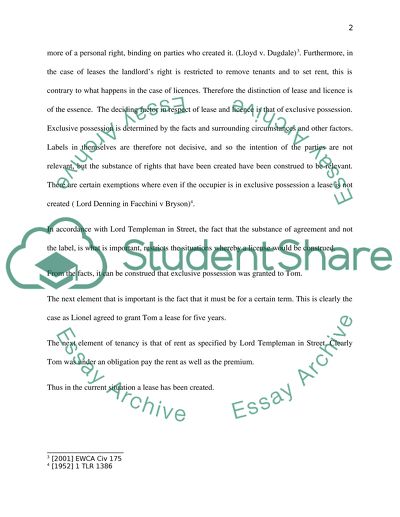Cite this document
(“Land law Essay Example | Topics and Well Written Essays - 1500 words - 2”, n.d.)
Retrieved from https://studentshare.org/environmental-studies/1405369-land-law
Retrieved from https://studentshare.org/environmental-studies/1405369-land-law
(Land Law Essay Example | Topics and Well Written Essays - 1500 Words - 2)
https://studentshare.org/environmental-studies/1405369-land-law.
https://studentshare.org/environmental-studies/1405369-land-law.
“Land Law Essay Example | Topics and Well Written Essays - 1500 Words - 2”, n.d. https://studentshare.org/environmental-studies/1405369-land-law.


